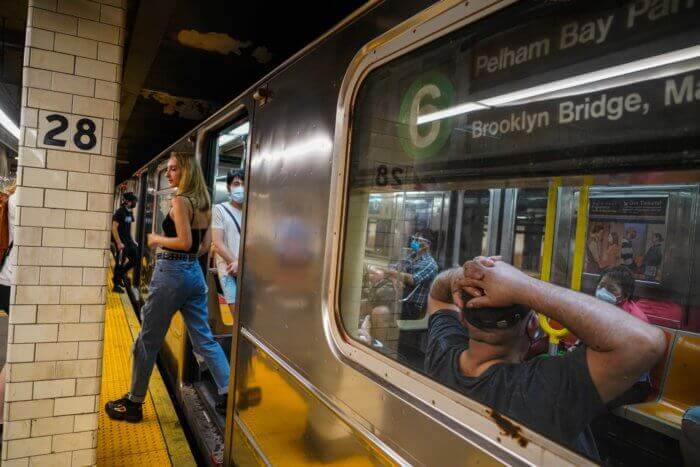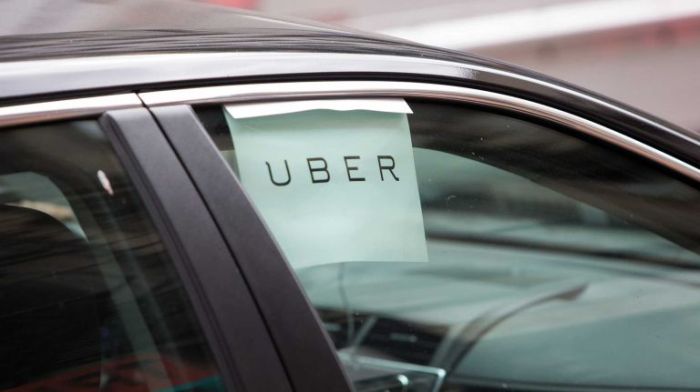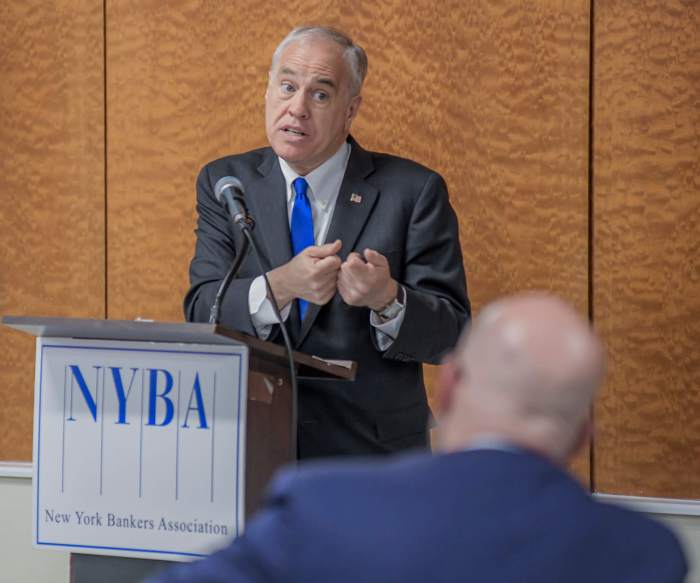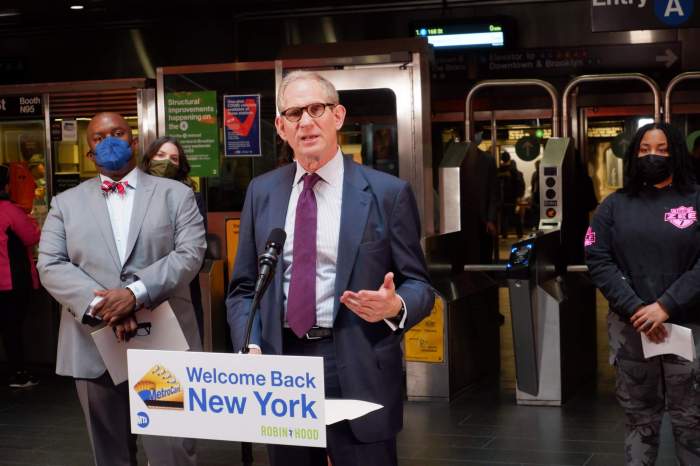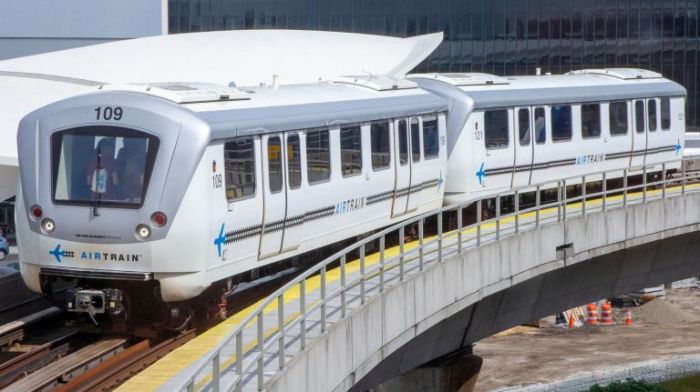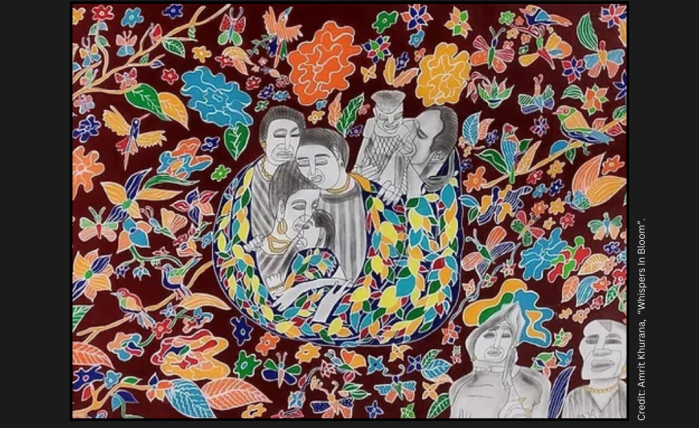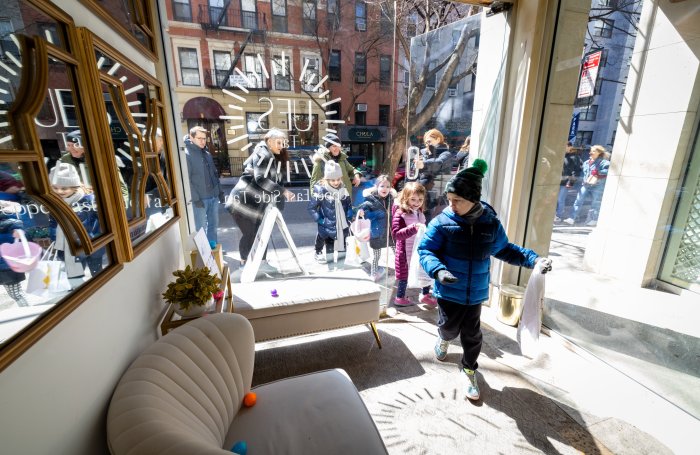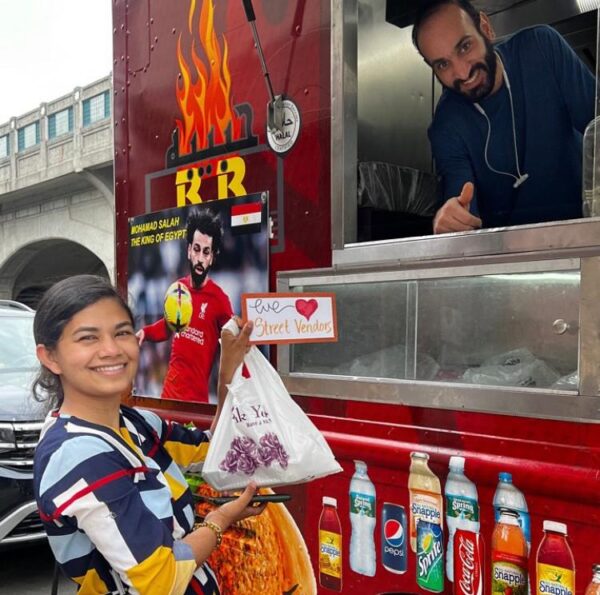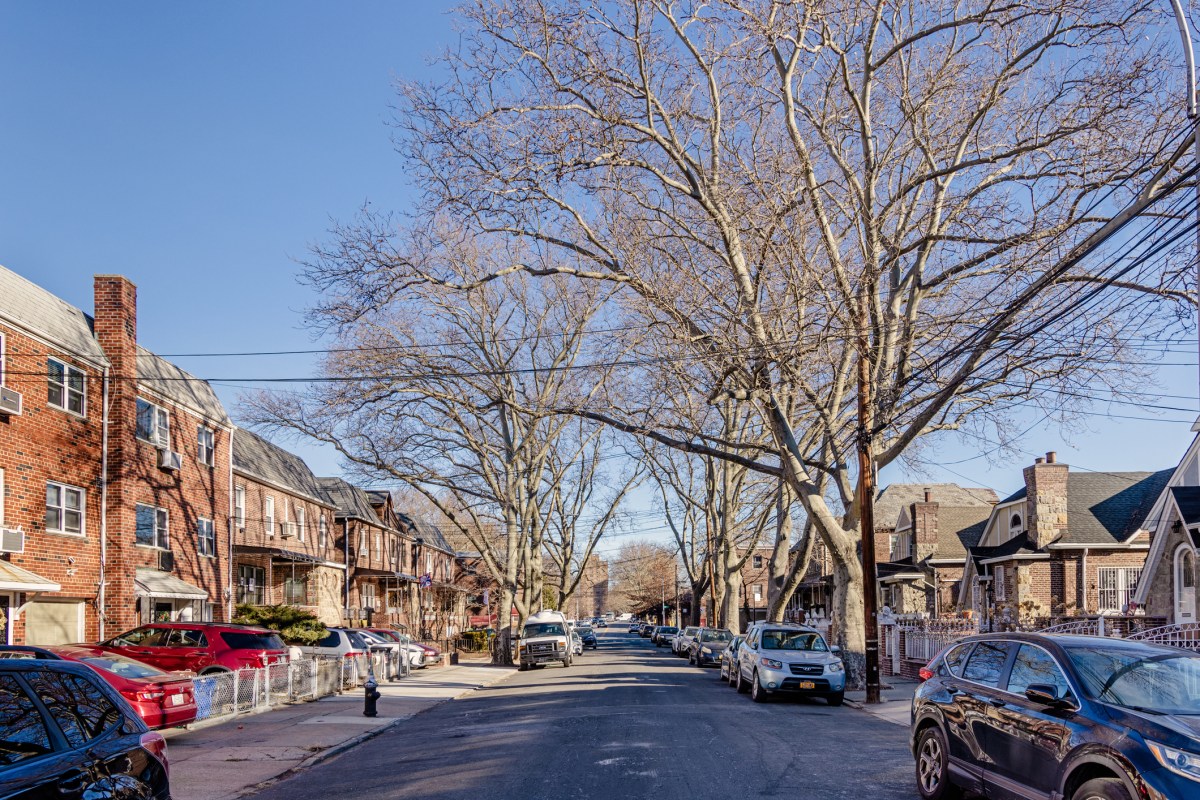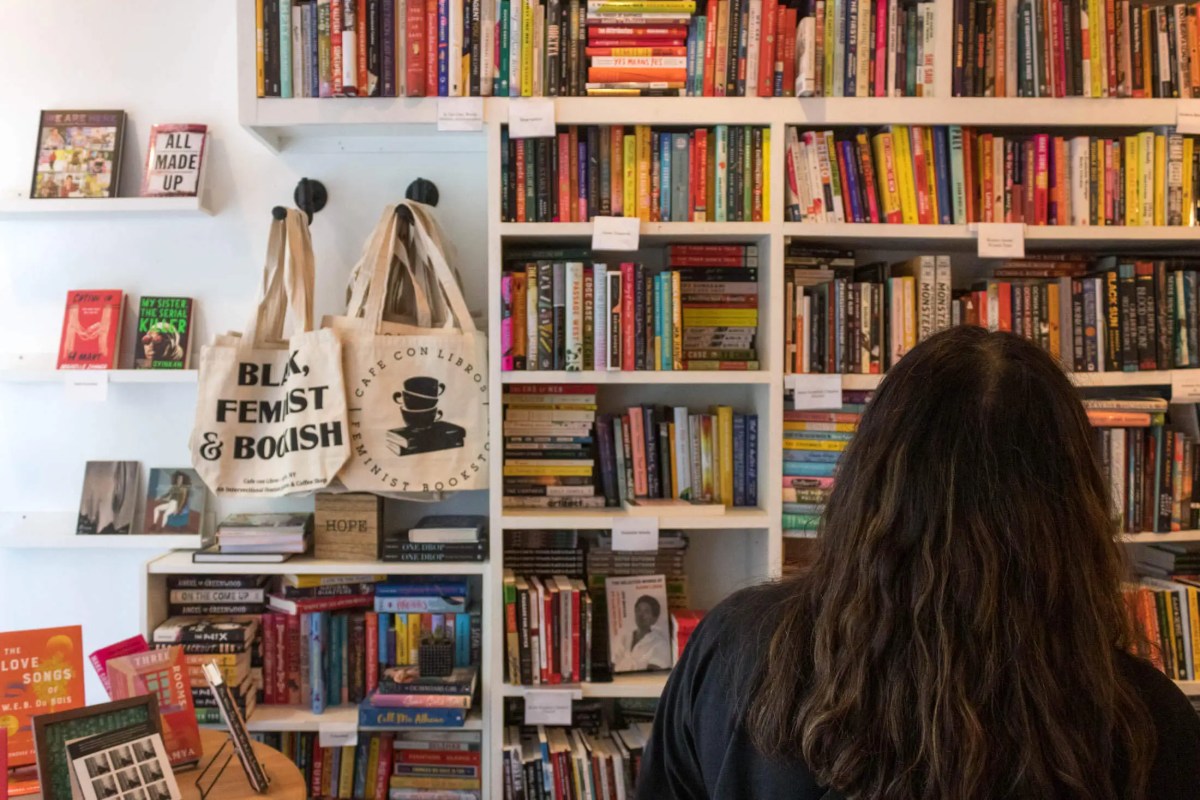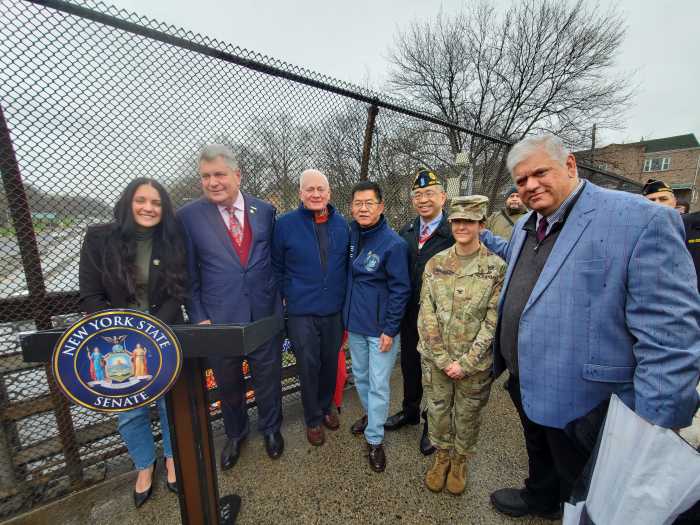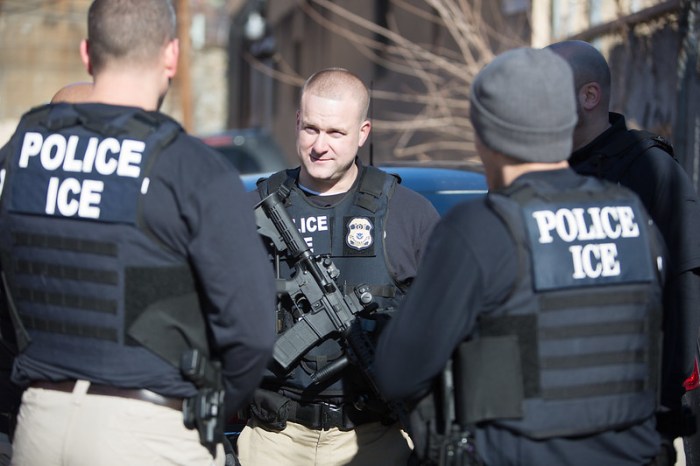Subway and bus fares will be going up in 2023 after the Metropolitan Transportation Authority approved an austerity budget for the coming year authorizing hikes of up to 5.5%, but the exact amount that they will increase is still to be determined by an agency working group tasked with divvying up increases among subways, buses, commuter rails, and tolls on bridges and tunnels.
The price of a subway or bus ride could by next year rise to $2.90, and to $3.05 by 2025, but the ultimate fare would be somewhat lower if the MTA’s Fare Policy Working Group elects instead to raise commuter rail fares or tolls by a greater amount. By law, the MTA must conduct public hearings on the fare increase, said Chair and CEO Janno Lieber on Wednesday, which will start to be scheduled in February.
All fare increases remain “hypothetical” at the moment, Lieber said, as the working group comes up with a proposal informed by whatever funding package that city, state, and federal lawmakers come up with to aid the financially distressed authority.
“This is a ways off, and I’ve also made clear that we are not advancing the process of fare hearings until February,” Lieber told reporters at a press conference following Wednesday’s MTA board meeting, the final transit conclave of 2022. “We’ve been very open about the fact that we’re trying to give Albany, City Hall, and Washington a chance to come together on what they intend to contribute to the MTA’s financial situation, so that our essential service can be maintained at an affordable rate.”
The meager 2023 budget, approved by the MTA board Wednesday, factors in various creative cost-cutting schemes — like predictive artificial intelligence to reduce the incidence of bus breakdowns — and the preliminary 5.5% fare increase. The agency is loath to consider service cuts or layoffs.
Still, the budget assumes the presence of $600 million in operating aid that has not yet materialized from any of the centers of power the MTA relies on to pay its bills; that assumption gets bigger each year as the projected deficit grows.
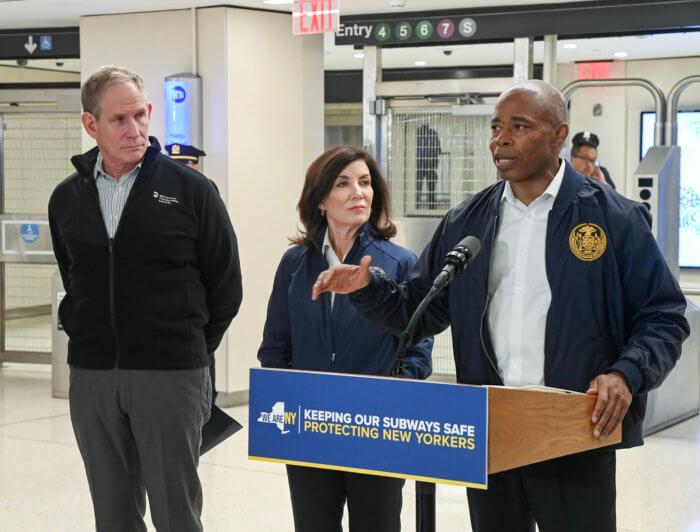
MTA honchos have been begging lawmakers for months to come up with dedicated, recurring revenue for the beleaguered authority, where transit ridership has stagnated at about 60% of pre-pandemic levels and federal COVID relief money is running dry.
“It’s no news to our beat press that we have been talking about the necessity of Albany, City Hall, and Washington getting involved in helping the MTA withstand the maelstrom created by the COVID-related dropoff in ridership, and the reality of work-from-home,” said Lieber. “It’s no news to anybody in the legislature or any of the other power centers that the MTA is looking to them for part of the solution to the challenges we face financially.”
To some extent, it seems that leaders are starting to come to terms with the severity of the MTA’s crisis. Last week, progressive lawmakers unveiled a proposal to not only plug the MTA’s deficit, but to ensure 6-minute subway service and even make buses free.
Gov. Kathy Hochul and Mayor Eric Adams, meanwhile, included in their “New New York” plan a principle that going forward, the MTA should have a “sustainable operating budget model,” a plank that leaves agency honchos feeling optimistic. The governor will unveil her executive budget proposal next month but has stayed mum on transit-related specifics; the MTA’s finances are heavily dependent on what is proposed by the governor.
“MTA board members adopt a budget but Governor Kathy Hochul has the last word on the fare that millions of New Yorkers pay and the frequency of our buses and trains,” said Danny Pearlstein, of the advocacy group Riders Alliance, in a statement. “As the governor’s own New New York panel and the state’s Climate Action Council declared, New York’s very future hinges on maintaining and expanding our public transit services. Riders are counting on the governor to use her January state budget to envision a better, more sustainable future for the subway, buses, and paratransit that make New York possible.”
The budget was passed by the board with unanimous consent, but several members expressed reservations about the fare hikes and reserved the right to vote no on the hikes if they found them displeasing.
“I’m a little loath to vote for a budget that includes a fare increase. This is a really difficult time for folks, given COVID, the economic impacts…high prices on food and rent, inflation has been rough,” said Midori Valdivia, an appointee of Mayor Adams, just before voting to approve the budget. “New Yorkers deserve to live in a just and equitable city where transit is affordable. I really think of that when I hear of a 5.5% increase.”
Lieber, for his part, urged the other board members to personally lobby those who appointed them for a fix.
“Signaling is great, but each of you was appointed by somebody, and you can do more than signal. You can advocate,” said Lieber. “And that is consistent with each of our responsibilities as fiduciaries for this organization.”



